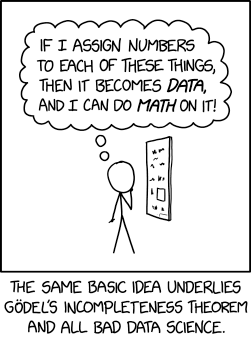Came across an interesting article reminising about the days and role of collector and collection of cultural items like books, music and other (physical) items. With everything becoming digital & online recommendations especially ebooks and spotify for music, the act of collecting and the experience of collection has changed significantly. Few excerpts from the article
“In the digital era, when everything seems to be a single click away, it’s easy to forget that we have long had physical relationships with the pieces of culture we consume. We store books on bookshelves, mount art on our living-room walls, and keep stacks of vinyl records. When we want to experience something, we seek it out, finding a book by its spine, pulling an album from its case, or opening an app. The way we interact with something — where we store it — also changes the way we consume it, as Spotify’s update made me realize. Where we store something can even outweigh the way we consume it.”
“Over the past two decades, the collecting of culture — like maintaining a personal library — has moved from being a necessity to a seemingly indulgent luxury.”
“Yet even with all its excesses of content, our era of algorithmic feeds might herald the actual death of the collector, because the algorithm itself is the collector, curator, and arbiter of culture.”
More of this in the article here: [The Link]

